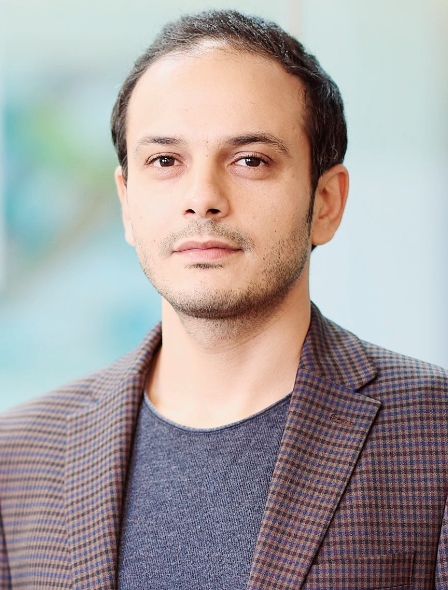Biography
Research Topics
Cancer, Cancer Genetics, Chromatin, Developmental Biology, Epigenetics, Epigenomics, Gene Expressions, Gene Regulation, Genomics, Regeneration, Stem Cells, Tumorigenesis
Cancer, Cancer Genetics, Chromatin, Developmental Biology, Epigenetics, Epigenomics, Gene Expressions, Gene Regulation, Genomics, Regeneration, Stem Cells, Tumorigenesis
Multi-Disciplinary Training Area
Cancer Biology [CAB]
Cancer Biology [CAB]
